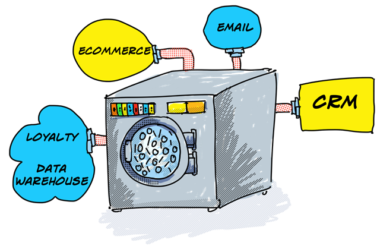Most organizations understand the impact of data quality on analysis and decision support. The proliferation of business intelligence (BI), with data taken from different systems and applications, can reduce data quality, reduce user confidence in BI reports.
However, BI distributed with quality data can help organizations compete more effectively and decisively. You can get more informatoion about managing data quality at Marketsoft.
Organizations are under high pressure to invest in technologies that drive competitive advantage and improve operational results.
The successful implementation of BI can help organizations assess their health, establish key performance indicators that are appropriate, and monitor daily operations to encourage top-line and bottom-line growth.

The greater demand for more data is driving widespread BI adoption from executives to business users. This widespread adoption has caused facilities for BI to advance beyond traditional demand, analytical reporting, and online analytical processing (OLAP) functions to include operational dashboards, adjustable scorecards, and sophisticated visualization techniques.
From the perspective of the information supply chain, this implies that supporting data needs to be accessed, collected and rationalized so that it can be consumed for BI, regardless of format, whenever the user needs it. The stakes are getting higher every day.
Unlike traditional BI applications that focus on questions and analytics, BI is used to assist in operational decisions.
Every action taken by the user based on the strength of the report and warning is influenced by the accuracy of the data used and the user's trust in the data.
How often do we feel that data seems strange or untrustworthy when we look at BI reports? This feeling of nausea, whether justified or not, causes delays and maybe even stops us from taking business critical actions.